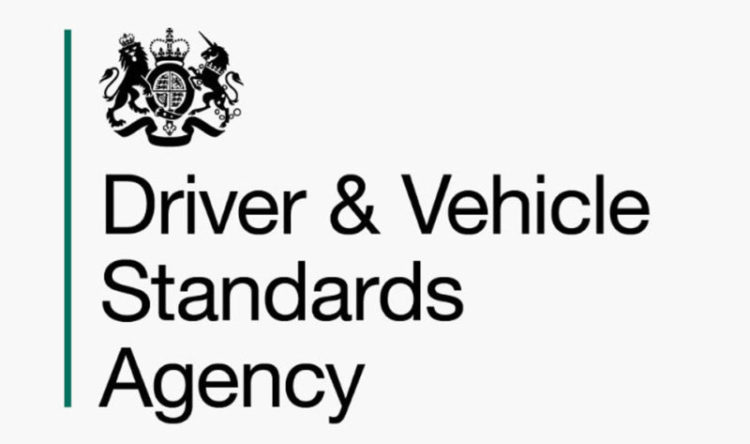Why should Driving Instructors consider moving to an electric vehicle?
As a driving instructor, it’s likely that you’ve thought about making the change to an electric vehicle (EV).
Advertisement feature
While it can seem like a big decision to make, the number of instructors making the move is growing.
But what are the benefits of going electric? Here are some of the considerations if you’re thinking of trading in your petrol or diesel vehicle for an electric car for driving instructors.
From 2030 sales of new petrol and diesel car will be banned
One of the most pressing reasons to adopt an EV is that, if you would like to drive a new or nearly new car, a switch to electric will become inevitable. The sale of new petrol or diesel cars will be banned in the UK from 2030. And from 2035, new plug-in hybrids will also be banned.
Cut your CO emissions to zero with an EV
The most obvious benefit of moving to an EV is that it’s a much more environmentally friendly vehicle, as no waste material is produced.
In fact, it’s estimated that instructors on an AA full franchise who switch from a Peugeot 208 GT to a Peugeot e208 GT, which has recently been introduced to the AA Driving School fleet, could reduce their tailpipe emissions by 5.7 tonnes of C02e on an annual basis, based on 28,800 annual miles.
An EV’s carbon footprint comes from when it’s being charged. However, if you charge the vehicle at home and your electricity provider supplies 100% renewable energy, then it’s possible to go fully green here too.
While the reduction of pollution is a benefit in and of itself, there are other supplementary benefits from driving an emission-free vehicle. For example, if the vehicle costs less than £40,000, you won’t need to pay vehicle excise duty (VED) – commonly known as car tax or road tax.
EVs are cheaper to run
While the initial outlay is still expensive, the day-to-day running of an EV is significantly cheaper than a petrol or diesel car. The AA Driving School has recently introduced the Corsa-e, Peugeot e208 and Peugeot e2008 to its fleet and charging at home should cost around £8[1], and the distance travelled will be a fraction of what you’d pay in fuel.
Considering the cheaper running costs, the whole-life cost of the vehicle can easily compete with a petrol or diesel car. It could even end up being cheaper[2].
What’s more, through the AA Driving School EV franchise, you won’t have to pay the full value of the vehicle upfront – making it a far less scary prospect.
EVs provide a quieter, more relaxing drive
When switching to an EV, the car is noticeably quieter, with no engine rumble. This creates a more comfortable, relaxing experience for the driver.
In 2018, the London EV Company (LEVC) and University of York conducted a study[3] using black-cab drivers in London. The brain activity and heart rate of cab drivers in a diesel vehicle was compared with drivers in an EV. There were two interesting findings:
- The heart rate of cab drivers in the EVs was consistently steadier, which suggests greater mental calmness.
- Cabbies in the EVs also demonstrated higher levels of beta brain-wave activity, which indicates higher levels of concentration.
It has been suggested that driving a quieter vehicle is a more calming experience, which comes with its own mental health benefits. Also, not having to focus so much on the driving task – changing gears and so on – allows the motorist to better concentrate on the road, spot potential hazards, and pay full attention to the driving environment.
Many who have made the switch won’t go back
A lot of those who have made the switch to EV quite simply prefer it – including many of our driving instructors. The electric engine means that acceleration and deceleration are smooth, and much more responsive than a fuel vehicle. EVs also tend to have a lower centre of gravity, which means they handle better.
We’d go as far as saying that – once you’ve driven an EV – you won’t want to go back to a gas guzzler.
Find out more about the AA Driving School’s EV franchise here.
[1] https://www.zap-map.com/charge-points/vauxhall-corsa-e-charging-guide/ ; https://www.zap-map.com/charge-points/peugeot-e-208-charging-guide/ ; https://www.zap-map.com/charge-points/peugeot-e-2008-charging-guide/
[2] Example: https://fleetworld.co.uk/whole-life-costs-are-critical-part-of-an-ev-transition-plan/







